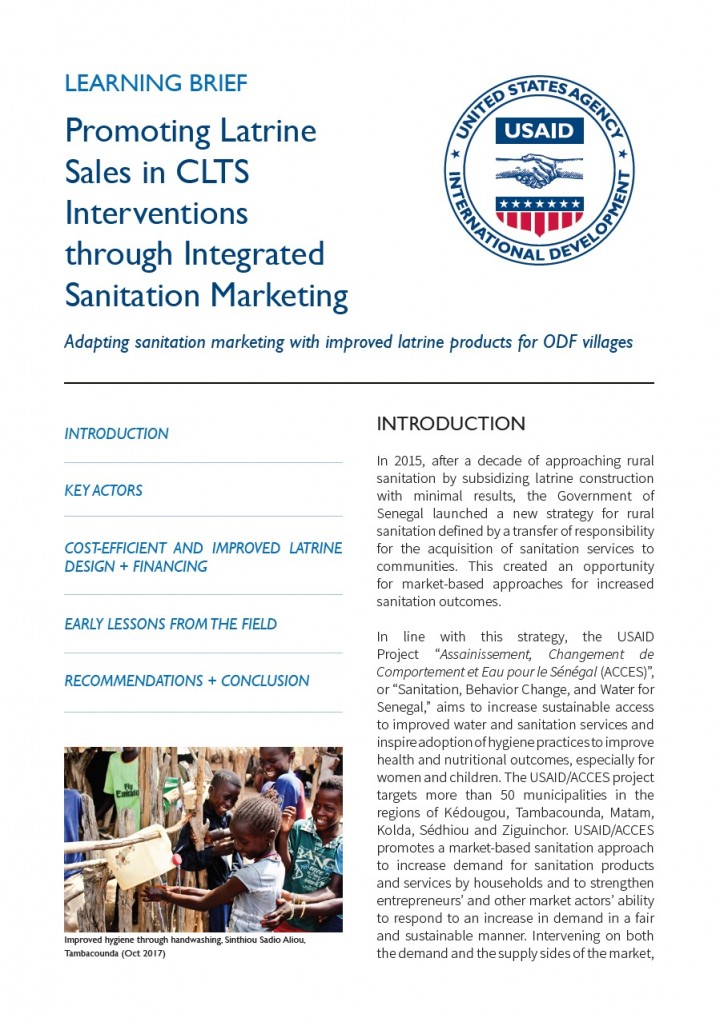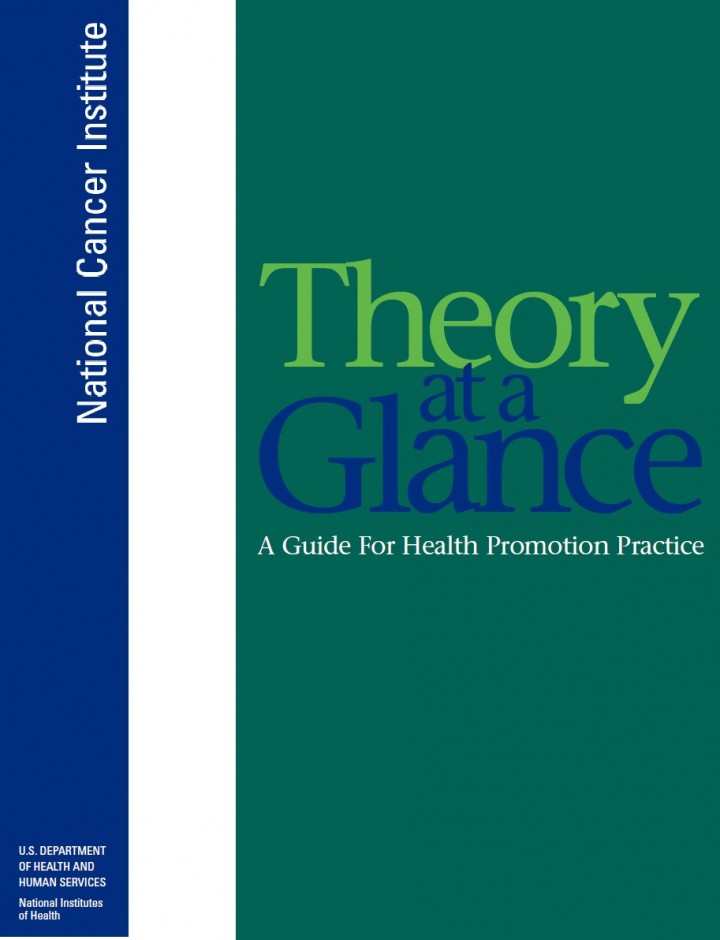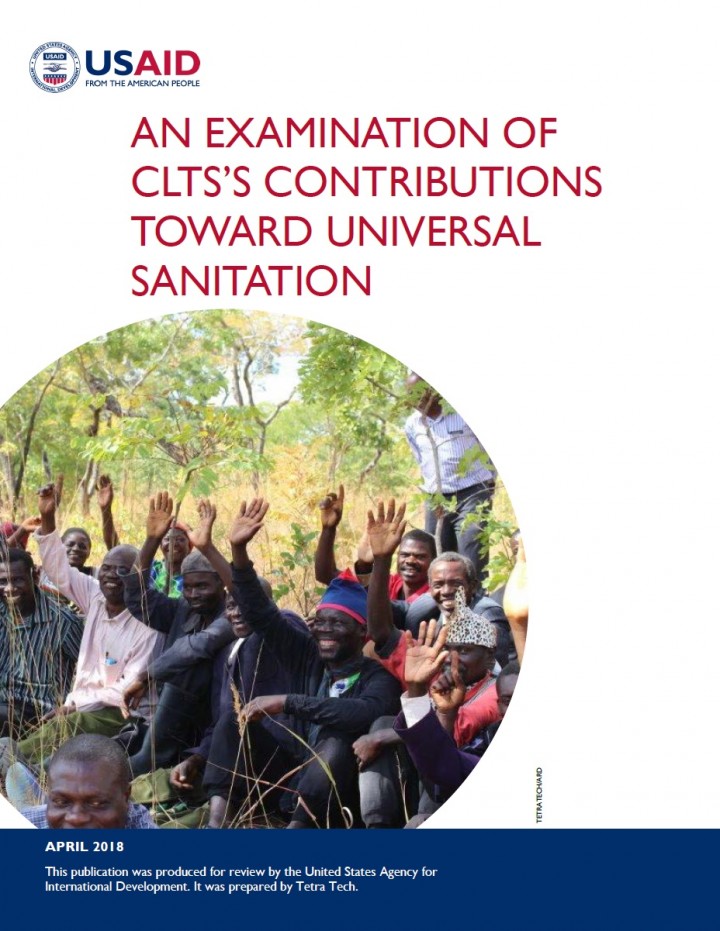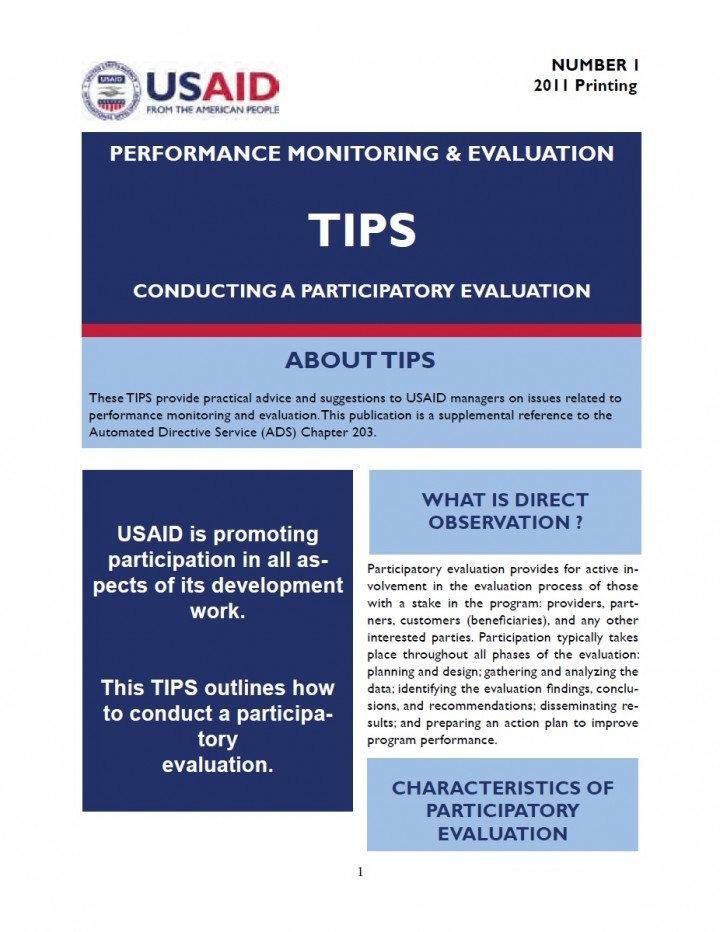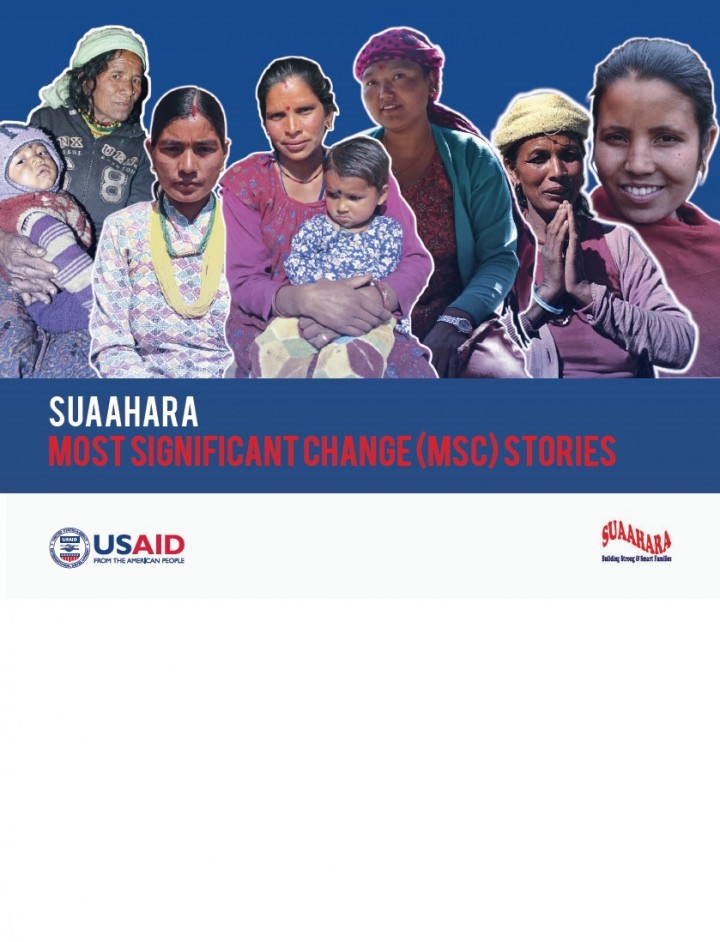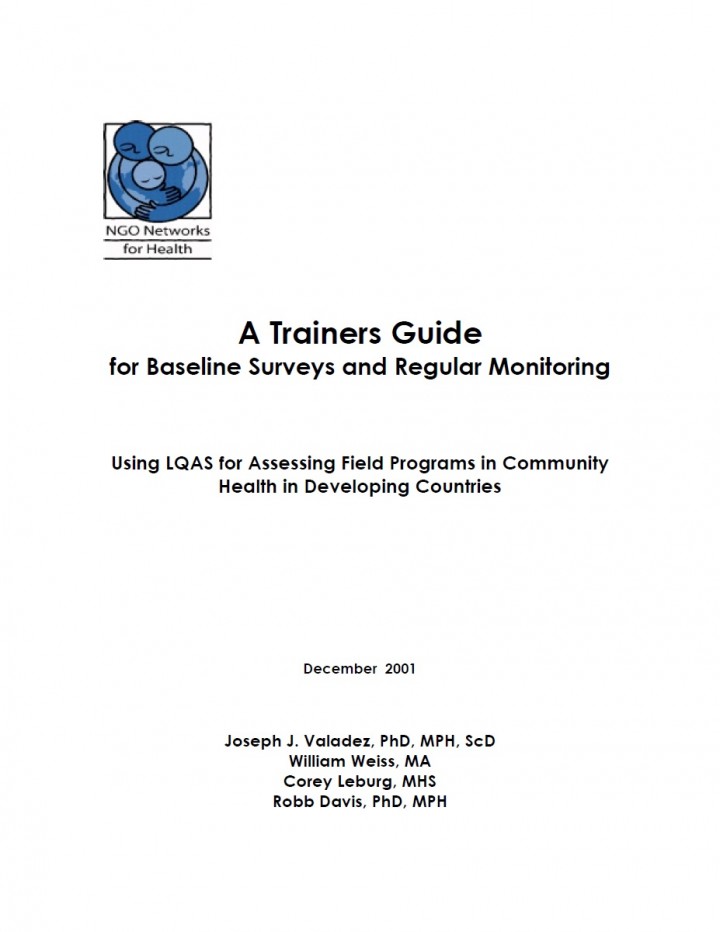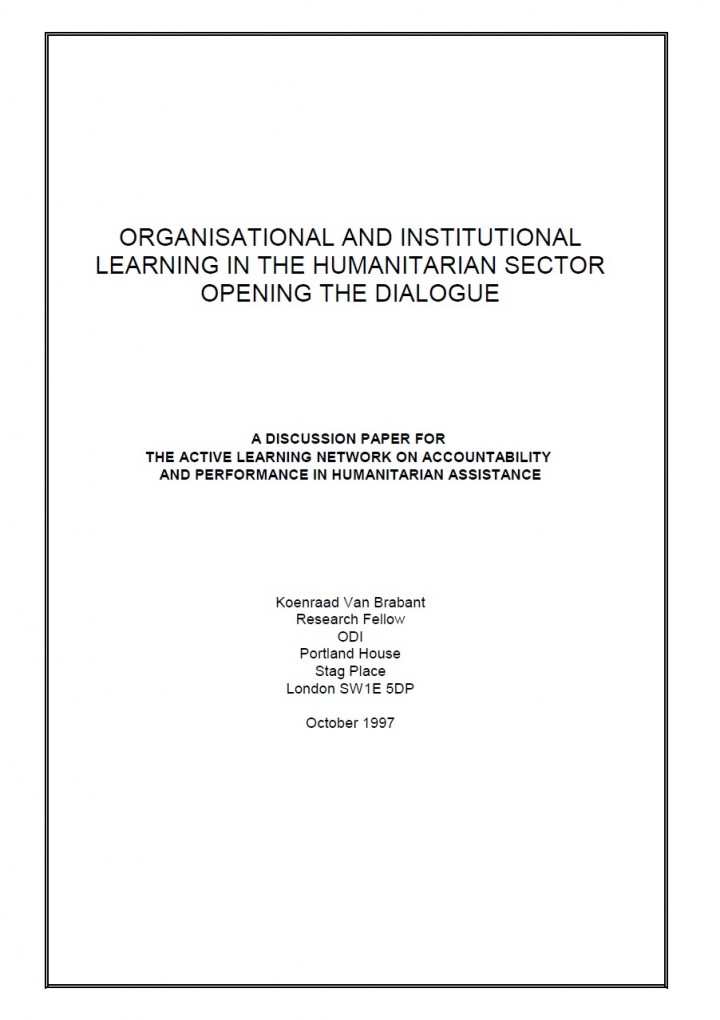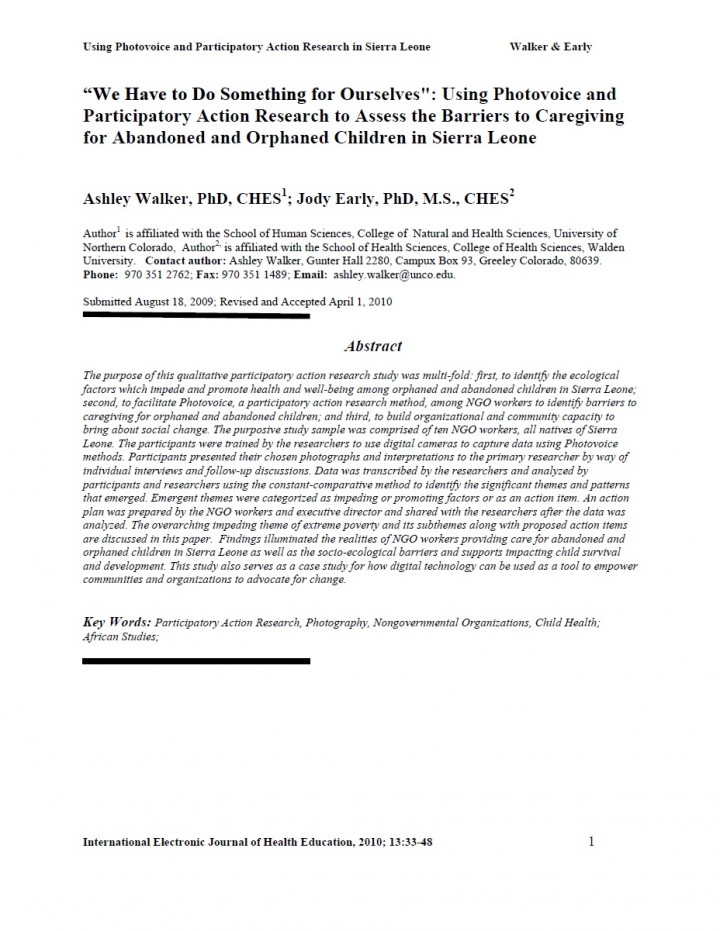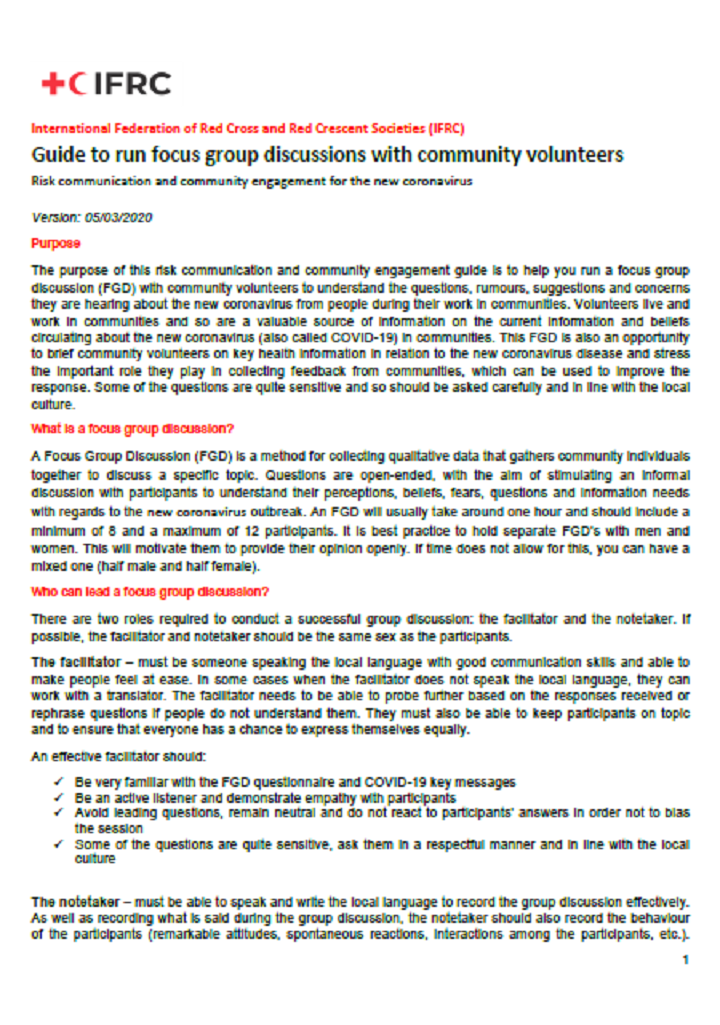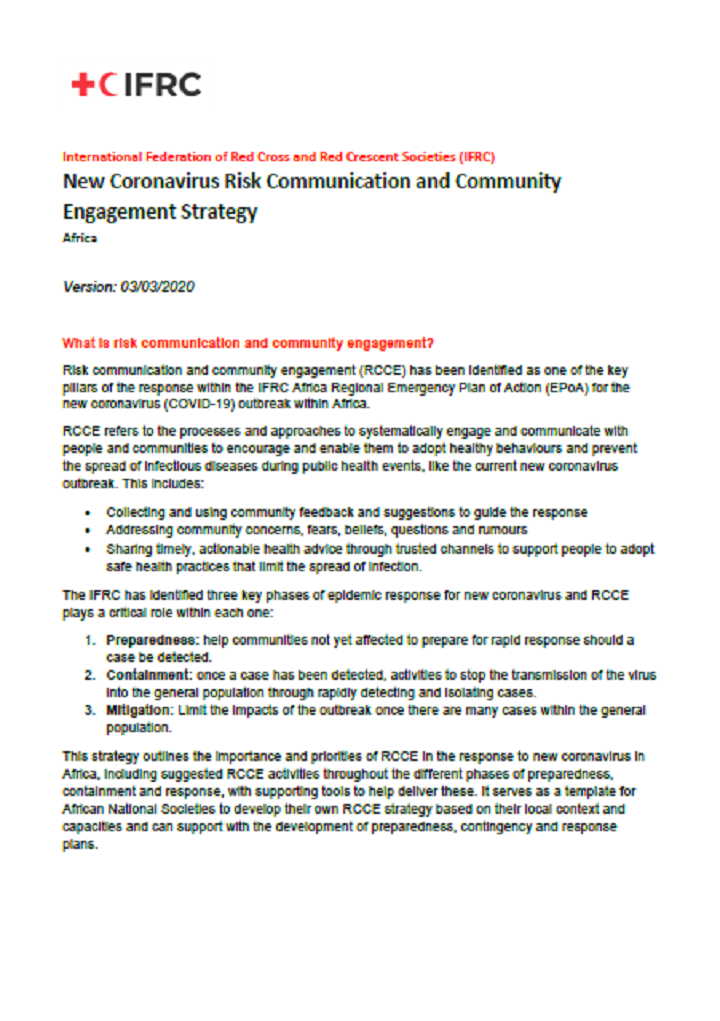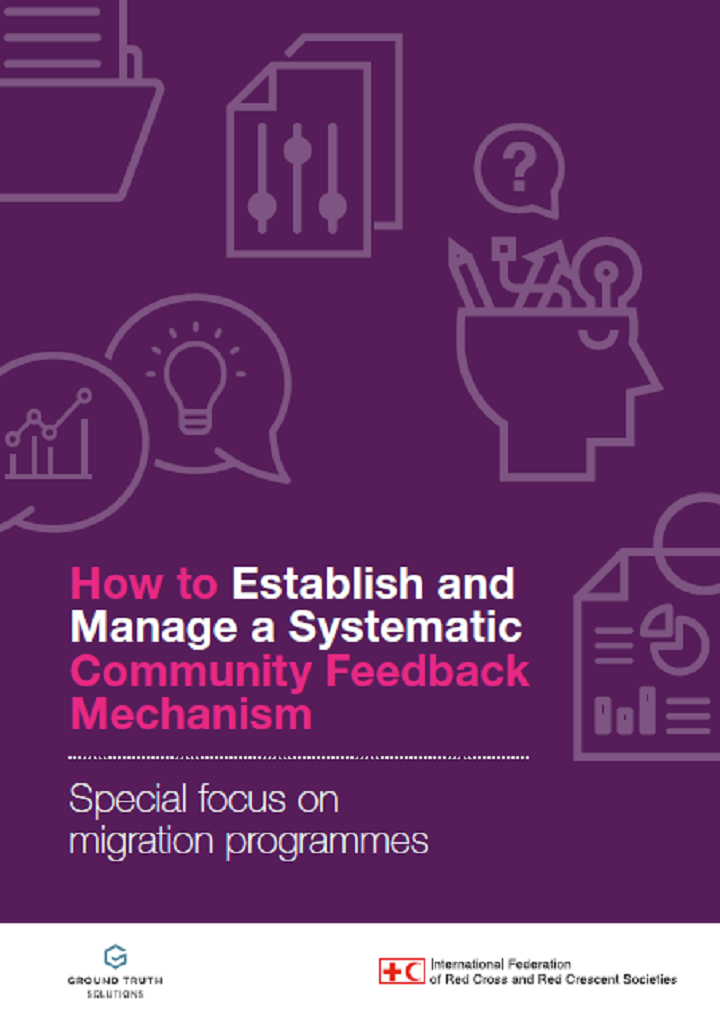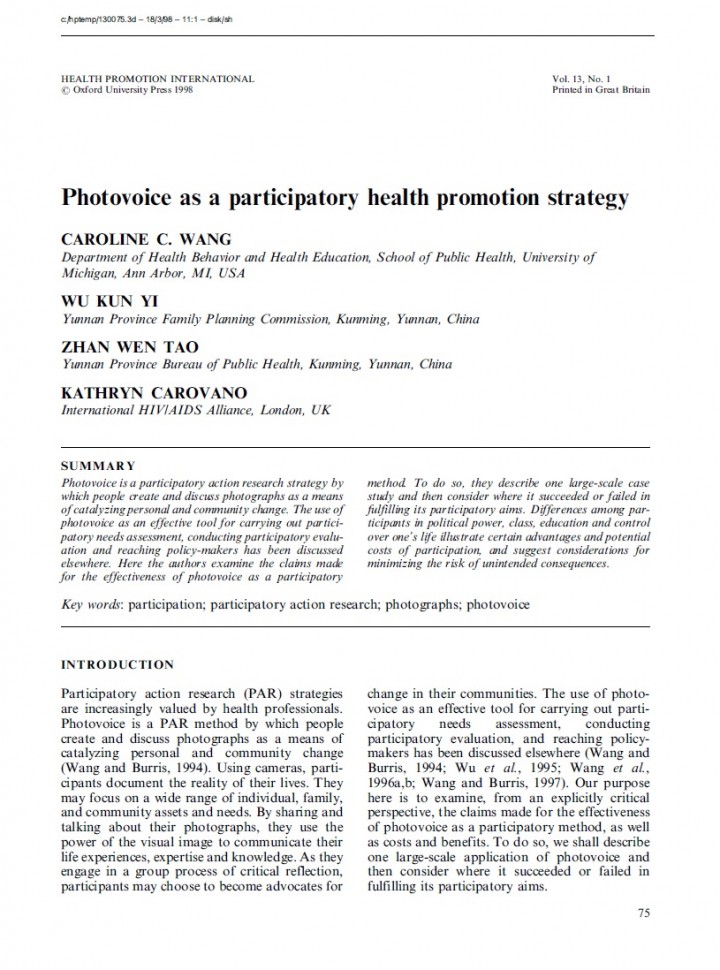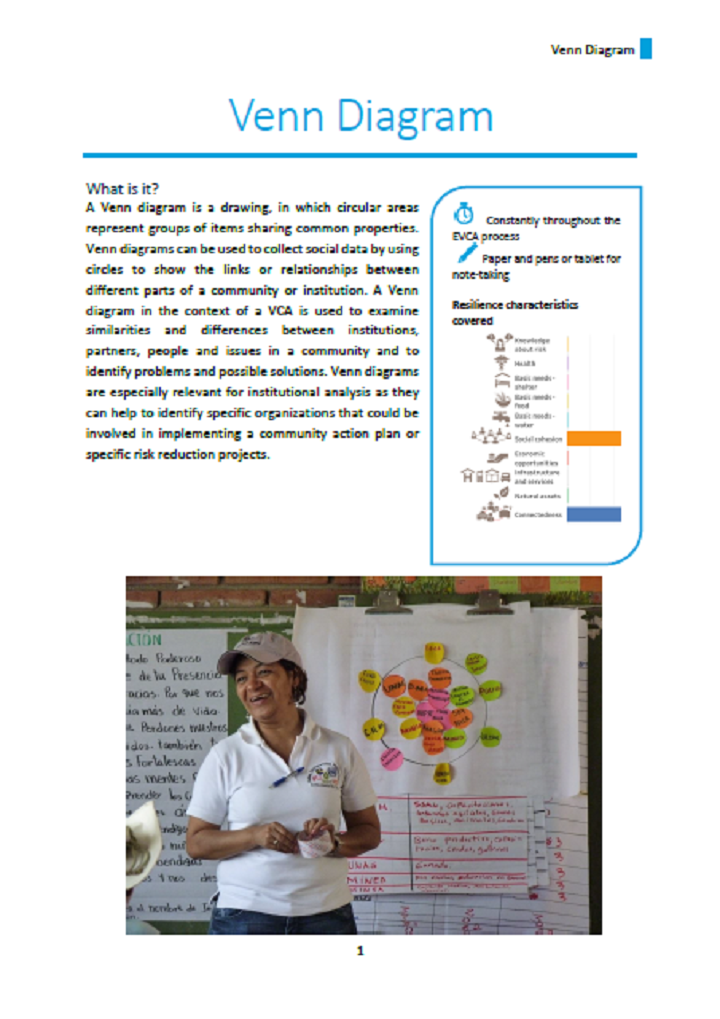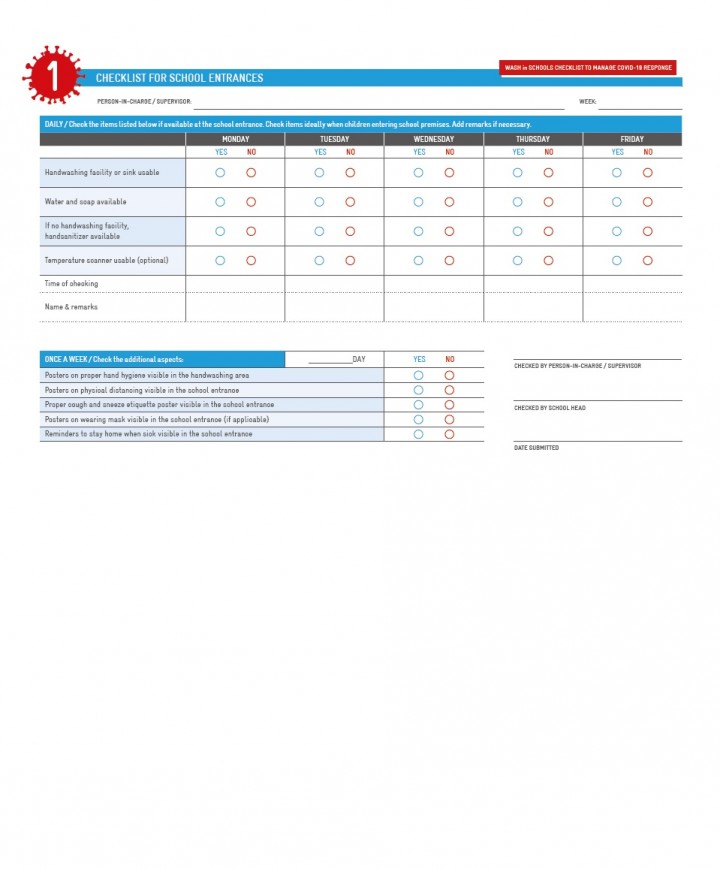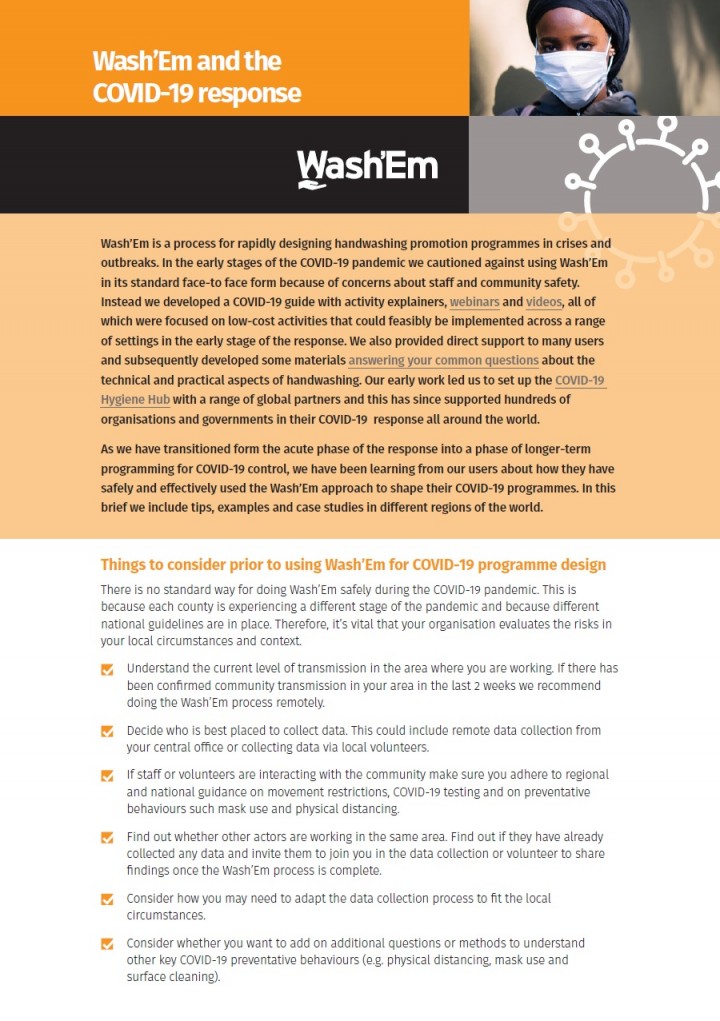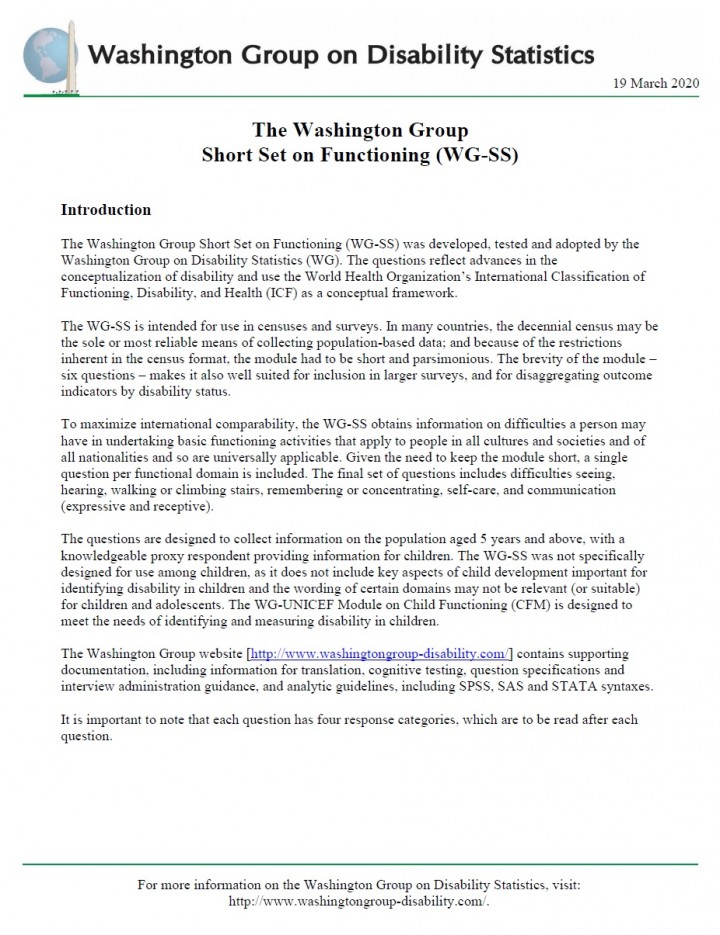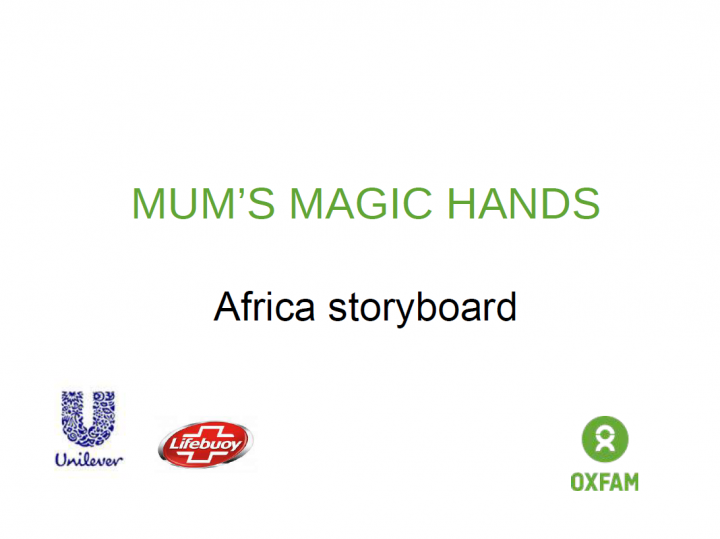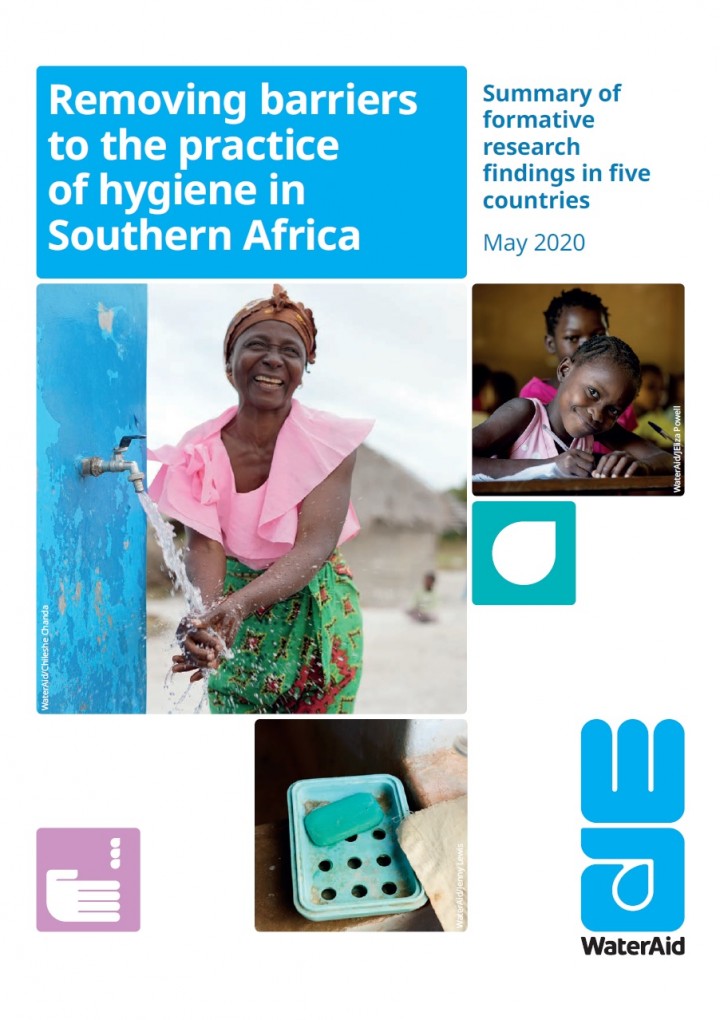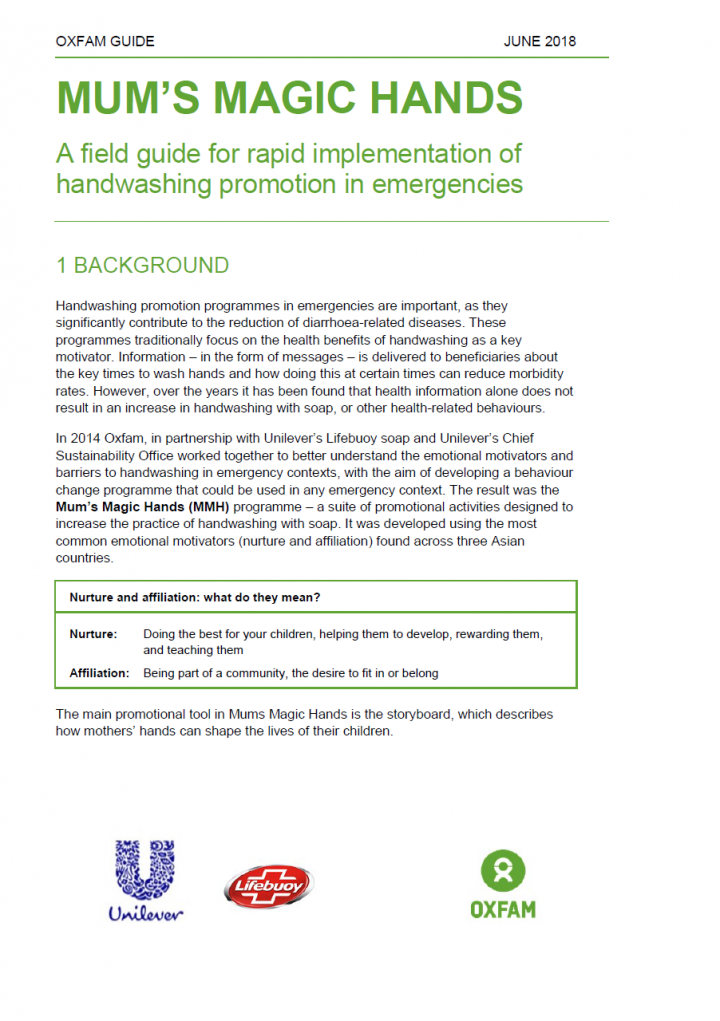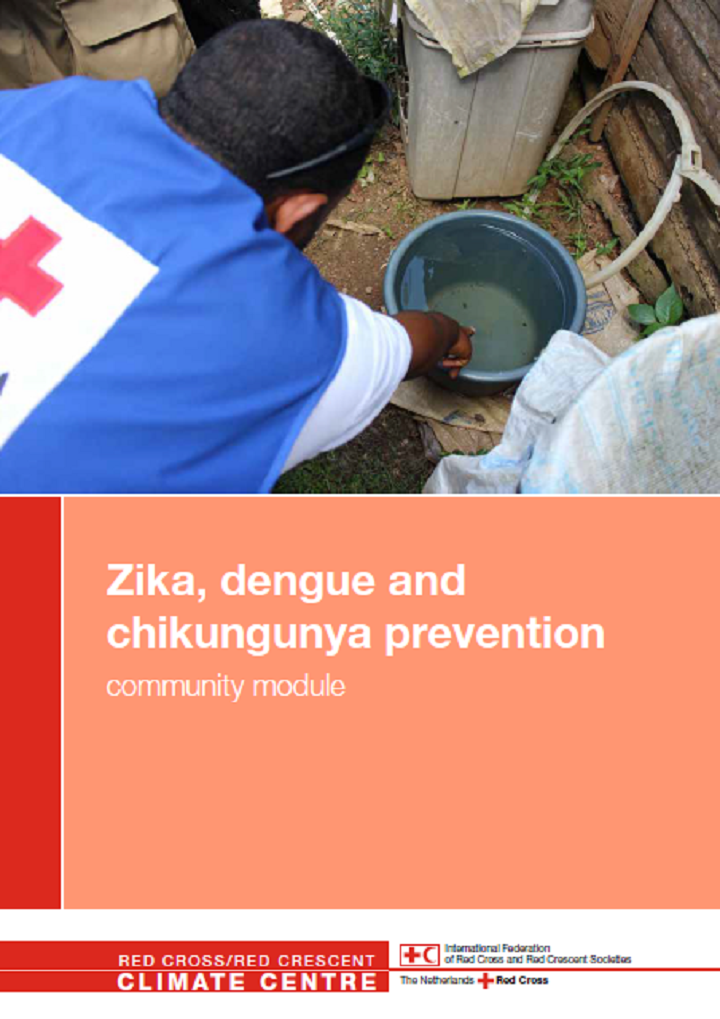USAID (2020) Promoting Latrine Sales in CLTS Interventions through Integrated Sanitation Marketing Learning Brief
In 2015, after a decade of approaching rural sanitation by subsidizing latrine construction with minimal results, the Government of Senegal launched a new strategy for rural sanitation defined by a transfer of responsibility for the acquisition of sanitation services to communities. This created an opportunity for market-based approaches for increased sanitation outcomes. In line with this strategy, the USAID Project “Assainissement, Changement de Comportement et […]
US Department of Health and Human Services (2005) Theory at a Glance A Guide for Health Promotion Practice (2nd Edition)
Theory at a Glance describes influential theories of health related behaviors, the process of shaping behaviors, and the effects of ecological factors on behavior. The guide addresses the ways in which theory and models can be used in the planning, implementation, and evaluation of health promotion programs.
USAID (2018) An Examination of CLTS’s Contributions Toward Universal Sanitation
Community-led Total Sanitation (CLTS) is a revolutionary idea and an inspiring practice. The enthusiasm of its many adherents in government and civil society is understandable. This desk review examines the refereed and gray literature on CLTS, with the central objective of assessing the knowledge base on best practices and identifying evidence gaps to inform the project’s research agenda (to generate findings that improve policy and […]
USAID (2011) Tips: Performance Monitoring and Evaluation Conducting a Participatory Evaluation
About Tips: These TIPS provide practical advice and suggestions to USAID managers on issues related to performance monitoring and evaluation. This publication is a supplemental reference to the Automated Directive Service (ADS) Chapter 203
USAID, Suaahara (0) Most Significant Change (MSC) Stories
Valadez, J., Weiss, W., Leburg, C., Davis, R. (2001) A Trainers Guide for Baseline Surveys and Regular Monitoring Using LQAS for Assessing Field Programs in Community Health in Developing Countries
This manual is for community health program managers, field supervisors, and others who need to monitor and evaluate their programs. Most often people who have such a responsibility, also have to collect data as one of their tasks. The manual will aid them to train others in a simple and rapid method for collecting data to use for monitoring and evaluation of community health programs. It […]
Van Brabant, K. (1997) Organisational and Institutional Learning in the Humanitarian Sector. Opening the Dialogue
Walker, A., Early, J. (2010) “We Have to Do Something for Ourselves": Using Photovoice and Participatory Action Research to Assess the Barriers to Caregiving for Abandoned and Orphaned Children in Sierra Leone
The purpose of this qualitative participatory action research study was multi-fold: first, to identify the ecological factors which impede and promote health and well-being among orphaned and abandoned children in Sierra Leone; second, to facilitate Photovoice, a participatory action research method, among NGO workers to identify barriers to caregiving for orphaned and abandoned children; and third, to build organizational and community capacity to bring about social […]
IFRC, UNICEF (2020) Guide to Run Focus Group Discussions with Community Volunteers. Risk Communication and Community and Community Engagement for the New Coronavirus
The purpose of this risk communication and community engagement guide is to help you run a focus group discussion (FGD) with community volunteers to understand the questions, rumours, suggestions and concerns they are hearing about the new coronavirus from people during their work in communities. Volunteers live and work in communities and so are a valuable source of information on the current information and beliefs […]
IFRC, UNICEF (2020) Focus Group Discussion Guide for Communities. Risk Communication and Community Engagement for the New Coronavirus
The purpose of this risk communication and community engagement guide is to help you run a focus group discussion (FGD) with community members to find out the perceptions, questions, suggestions and rumours within the community about the new coronavirus. It is important the Red Cross and Red Crescent understands what people already know and think about the new coronavirus so we can adapt health messages […]
IFRC, Ground Truth Solutions (2019) How to Establish and Manage a Systematic Community Feedback Mechanism
An IFRC guide on ‘How to Establish and Manage a Systematic Community Feedback Mechanism’, which details how to integrate community feedback to improve decision making.
Wang, C.C., Yi, W.K., Tao, Z.W., Carovano, K. (1998) Photovoice as a Participatory Health Promotion Strategy Health Promotion International. Vol. 13, Issue 1
Photovoice is a participatory action research strategy by which people create and discuss photographs as a means of catalyzing personal and community change. The use of photovoice as an effective tool for carrying out participatory needs assessment, conducting participatory evaluation and reaching policy-makers has been discussed elsewhere. Here the authors examine the claims made for the effectiveness of photovoice as a participatory method. To do […]
IFRC (0) Venn Diagram. EVCA Toolbox
A Venn diagram is a drawing, in which circular areas represent groups of items sharing common properties. Venn diagrams can be used to collect social data by using circles to show the links or relationships between different parts of a community or institution. A Venn diagram in the context of a VCA is used to examine similarities and differences between institutions, partners, people and issues […]
WASH in Schools Network (2020) WASH in Schools Checklists to Manage COVID-19 Response Checklists for School Entrances, Classrooms and Toilets
Washington Group on Disability Statistics (2020) The Washington Group Short Set on Functioning (WG-SS)
The WG Short Set of six questions on functioning for use on national censuses and surveys was developed, tested and adopted by the Washington Group on Disability Statistics (WG). The questions reflect advances in the conceptualization of disability and use the World Health Organization’s International Classification of Functioning, Disability, and Health (ICF) as a conceptual framework. In a break from the past and the medicalization of […]
Oxfam (2018) Mum’s Magic Hands. Africa Storyboard
Oxfam and Unilever’s Chief Sustainability Office carried out extensive research on handwashing practice in emergency contexts. We found nurture to be one of the most powerful motivators driving handwashing with soap among mothers. Even during a crisis, mothers continue to nurture their children to ensure they go onward in life and succeed in bringing fruition to their efforts and fulfillment to their lives. […]
WaterAid (2020) Removing Barriers to the Practice of Hygiene in Southern Africa Summary of Formative Research Findings in Five Countries
Oxfam (2018) Mum’s Magic Hands. A Field Guide for Rapid Implementation of Handwashing Promotion in Emergencies
Handwashing promotion programmes in emergencies are important, as they significantly contribute to the reduction of diarrhoea-related diseases. These programmes traditionally focus on the health benefits of handwashing as a key motivator. Information – in the form of messages – is delivered to beneficiaries about the key times to wash hands and how doing this at certain times can reduce morbidity rates. However, over the years […]
IFRC (2017) Zika, Dengue and Chikungunya Toolkit: Adaptation for Latin America and the Caribbean
The Americas Regional Office of the International Federation of Red Cross and Red Crescent Societies (IFRC), through its Zika Response Team, has adapted an interactive toolkit and teaching guides for Zika, Dengue and Chikungunya Prevention to the regional context by translating the materials to Spanish and adding a Seasonal Calendar for Vector Control to the toolkit. Additionally, the Zika Response Team will host a webinar […]
